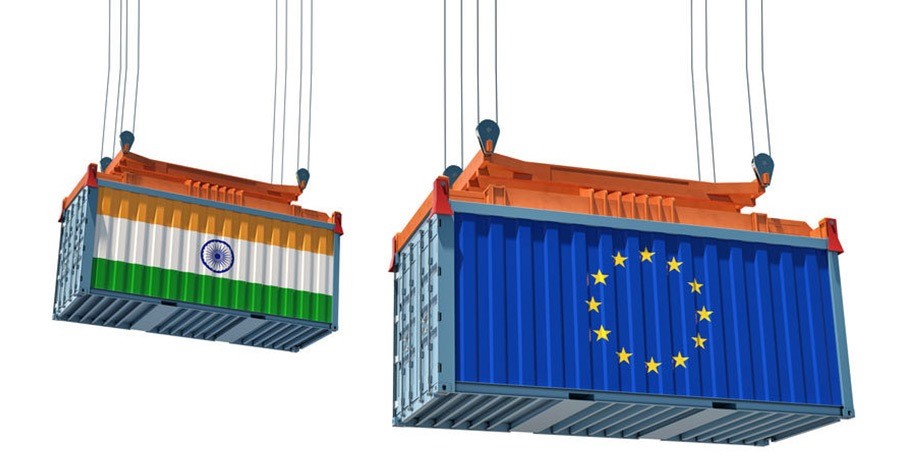CBAM may lead to retaliatory tariffs by India on EU exports
According to the officials familiar with the government of India's decision-making team, it has been informed to us that in response to the EU's proposed carbon tax, which might disrupt over $8 billion worth of Indian metal exports to the EU, India is considering slapping retaliatory tariffs on exports from the EU.

Exports of aluminium, steel and iron to nations outside the European Union will be subject to increased regulation beginning on October 1, 2023, as part of the EU's Carbon Border Adjustment Mechanism (CBAM), which is commonly termed carbon tax.
From October 1, 2023, aluminium, iron and steel exports to European Union countries worldwide will face added scrutiny under the bloc's Carbon Border Adjustment Mechanism (CBAM), or carbon tax. From January 1 2026, suppliers must insert any greenhouse gas emissions that are "buried" in their shipments before taxes are assessed.
Many nations, notably India, have criticised the plan as discriminatory and going against widely accepted guidelines that offer developing countries more leeway in climate change policies because they were not historically to blame for the situation.
The idea has yet to receive formal approval from the European Parliament. Upon becoming law, it may challenge the World Trade Organization's principles.
Except for those with an ETS linked to the EU's ETS, CBAM affects imports from all non-EU countries. Brazil, Russia, India, China, and South Africa denounced the CBAM policy as discriminatory in April 2021.
The official said, "We have not yet received the final details of the tax, but we have begun to investigate the issues. The government is consulting with industry, and the carbon tax is expected to be detrimental to the fossil-fuel-based industry."
"Conversely, companies that use green hydrogen or solar energy for production will benefit. India would also consider imposing tariffs on EU-sourced goods."
According to Global Trade Research Initiative (GTRI), "Given that 27% of India's iron, steel, and aluminium exports, totalling $8.2 billion in 2022, went to the EU, CBAM will pose a severe challenge to the country's metal industry."
"The impact, which might result in billions in lost exports and increased prices, is anticipated to grow as the EU adds additional products to the CBAM list."
At the COP-26 summit in Glasgow, India announced plans to increase non-fossil fuel power generation capacity to 500 GW by 2030.
The officials also stated, “The government has advocated for clean energy, but the EU's carbon tax has been a significant source of concern for exporters. We are still determining how it will affect India's talks with the EU. Still, we're looking into it, and all options, including imposing tariffs on EU imports, are on the table.”
This news is also available on our App 'AlCircle News' Android | iOS

























